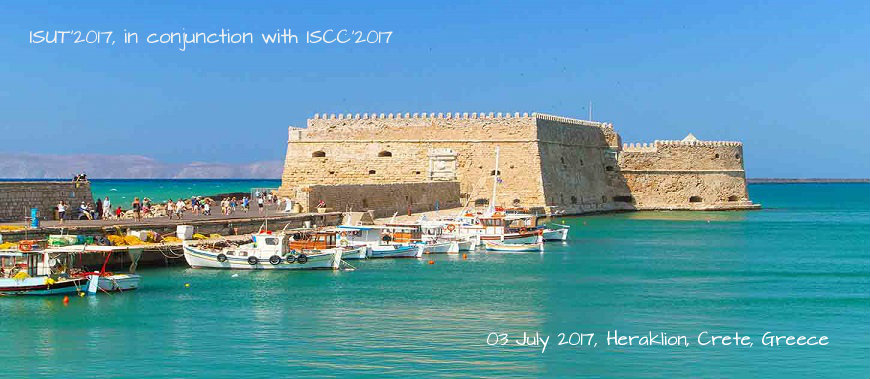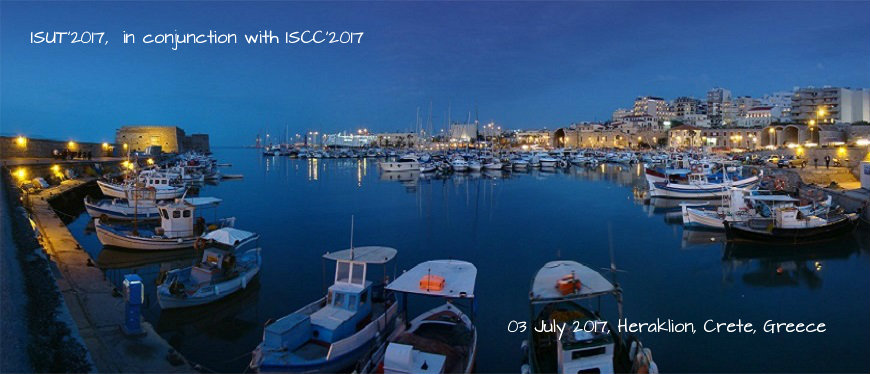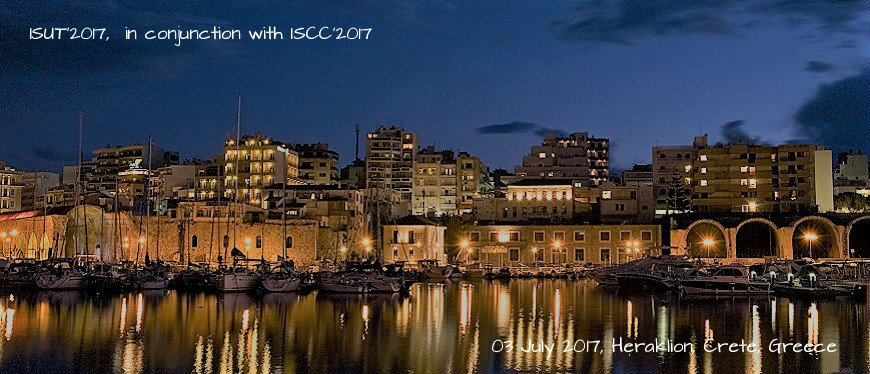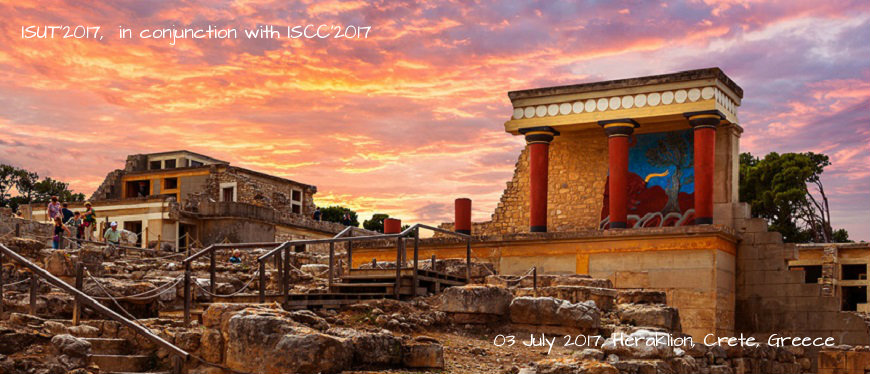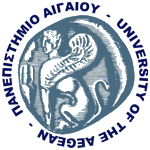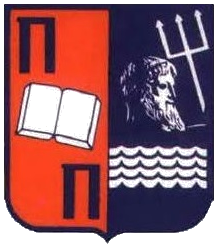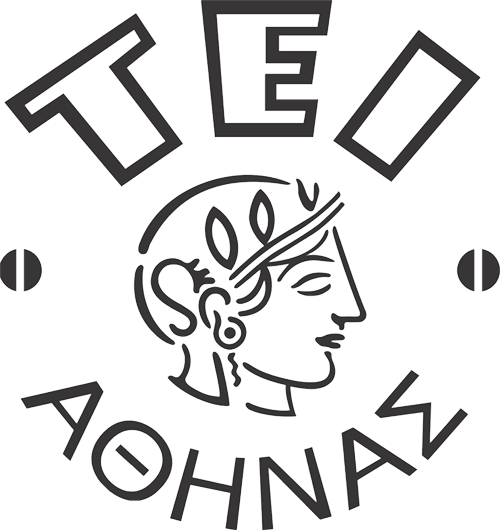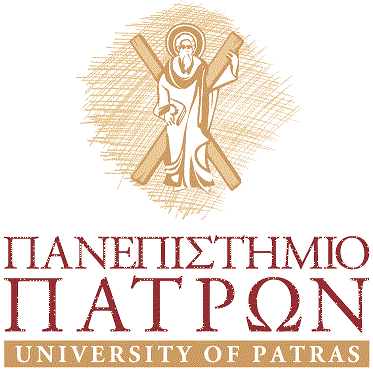Scope and objectives
In the light of the continuous growth of urban areas with respect to population and size, urban transportation systems are facing significant challenges such as traffic congestion, overcrowding, demand management and service availability. Sustainable transportation makes a positive contribution in addressing those challenges, as to its social, economic and environmental impact. It provides affordable access to all groups of citizens, promotes green vehicles, public transportation, new sharing paradigms like vehicle sharing and carpooling and encourages non-motorized modes of transport such as walking and biking. Policy makers, urban traffic planners and transportation system operators realize the need for sustainable transportation, robust transportation policies and demand management strategies. Along this line, they work towards alleviating congestion, making public transport more attractive, maintaining a high level of operational efficiency in the transportation system, responding -and, if possible, predicting and preventing- traffic incidents.
Intelligent Transportation Systems (ITS) aim at providing sophisticated management models and tools across all transport modes, traffic management, new-generation systems for infrastructure charging, and innovative real time travel information services. ITS facilitate city authorities and transportation professionals realize their visions as regards implementing and managing multimodal transportation networks and enabling citizens to be informed and make better use of these networks. It is a matter of critical importance for such systems and tools to scale so as to enable cities with different budgets to deploy them.
The ISUT workshop aims at soliciting original research related to frameworks, algorithmic solutions, applications and case studies in the scope of ITS and sustainable mobility in urban environments.
Topics of interest
- ITS planning and implementation
- ITS technologies
- Green ITS
- Public transport network planning
- Time-dependent route planning
- Dynamic multimodal routing
- Multi-criteria multimodal routing
- Freight transportation management and planning
- Smart parking solutions
- Mobility as a Service and single ticketing solutions
- Mobility in smart cities
Topics of interest include but are not limited to:
- Electric and hybrid vehicles charging and routing: models and solutions
- Algorithmic approaches and models in vehicle sharing and carpooling
- Traffic prediction
- Safety systems and safety aspects of smart transportation
- Big data in transportation
- Communications in ITS
- Vehicular networks
- Sustainable urban mobility: planning, implementation and performance indicators
- Projects and field operational trials
